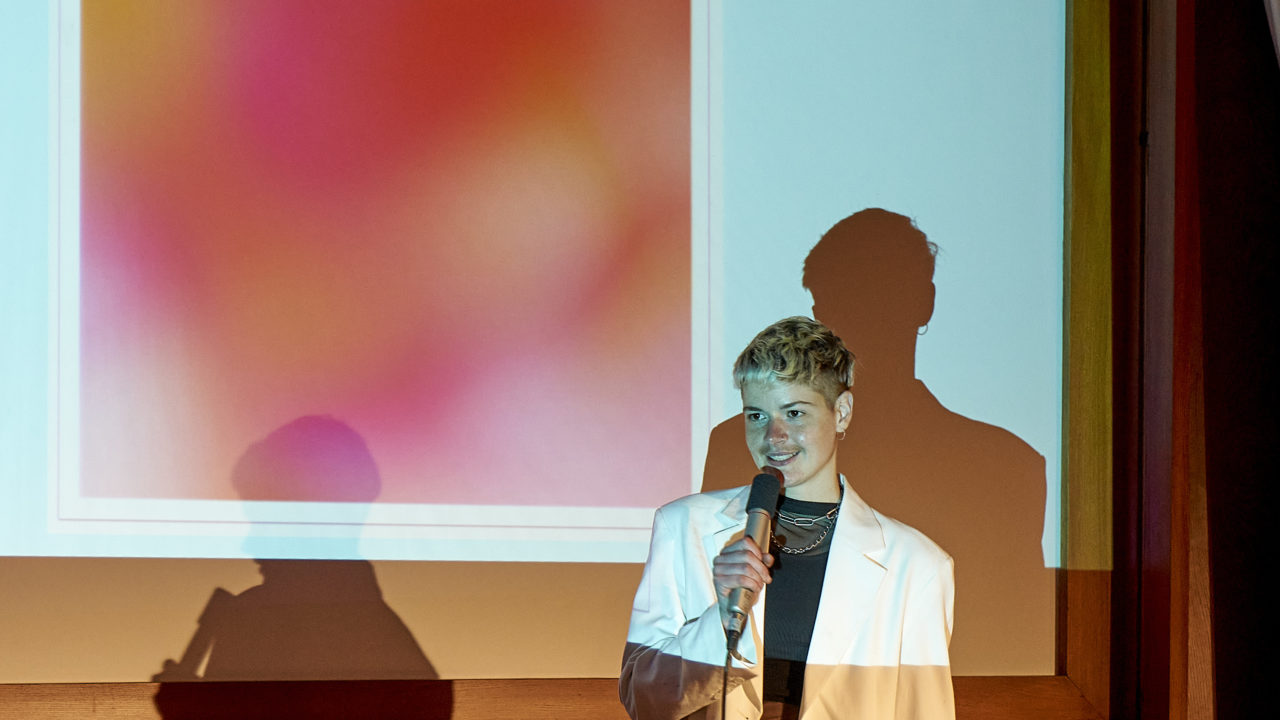The Europe Challenge: Queering the library
14 Feb 2022
Europe is currently facing a political situation in which populist political movements have an increasing impact causing societal groups to be affected very differently by this political climate. As a result, marginalised groups such as queer communities are under pressure all across Europe.
With the Europe Challenge, Central and Regional Library Berlin gives a platform to queer communities of Berlin with their challenge topic #queeringthelibrary: How can citizens (respectively the queer community) co-shape the European Public Space in and with libraries?
To address this topic and find solutions for their challenge, Central and Regional Library Berlin (ZLB) published an open call for participation under the title: “Queering the public space – Open call for participation #queeringthelibrary”. A jury consisting of representatives from the queer community and the library selected three projects for funding the solution building on these three challenges: “Unheard and unseen“, “Transcodiert”, and “What do you see that I don’t see?”. All three approaches relate to European core values such as Protection of minorities, Pluralism and Anti-discrimination.
“Unheard and unseen” brings into the focus queer perspectives and the used language of queer people with a migration biography. How can queer forms of community and solidarity in independent and alternative organisations be archived and thus document what space can be opened up by music and club culture, especially for migrant queer and trans* people and their communities? “Unheard and unseen” involves creating one or several interactive, dialogue-based installations that focus on LGBTQIA+ perspectives and the language used by LGBTQIA+ people with a migrant background The collective Oyoun and three members of these communities join ZLB in undertaking a research trip.
“What archiving practices exist locally and are visible above all in the communities concerned without recognition by the city’s hetero- or homonormative mainstream? We are above all alternative examining practices, collections of stories, community actions inspired by solidarity, cross-generational aids, resistance movement overlaps and the fruit they have borne, or the mutual consolation they offered.” – Oyun.
The project “Transcodiert” touches on how representation can take place in different areas and addresses the lack of academic records and writings from the perspective of the LGBTQIA+ community for queer people who are interested in art and culture In the public sphere and in published books. The local challenge team of “Transcodiert” explores a cross-medial platform consisting of a queer literature magazine on the one hand and bringing queer artists to the public space in the library to have a public exchange with the visitors on the other hand.

“This project is about creating stories in the search for a self-determined identity – by the community for the community. Talking to each other and seeing the associated problems in writing can have an empowering effect. It also offers the cisnormative society the chance to question its binary gender perspective, as something expressed through art becomes particularly accessible.” – Biba Nass, Transcodiert Magazine.
The third project, “What do you see that I don’t see?” involves the design of so-called “reading glasses”. These “reading glasses” are “added” to books as an independent object to make it possible to critically reflect on the contents described in the book through the questions and food for thought they contain. The development of the glasses and the design is part of the project. With these “reading glasses”, children’s and young adult literature can be utilised as an instrument for a more multi-dimensional reading and learning that includes LGBTQIA+ perspectives.
“Many stories told in picture books and children books don’t represent queer perspectives in terms of queerness, family diversity, gender, identity and the presented role images. There is a big need for innovative approaches to deal with those gaps and find new ways to initialise a reflection and a dialogue about that. In addition to queer issues, visibility for other forms of discrimination can also be created within this project.” – Tam* and Tamo*
All three Central and Regional Library Berlin projects for their local Europe Challenge integrate with the broader Europe Challenge by setting examples and gaining experiences, which might be fruitful for similar projects in other European countries and showcasing the library is visible as a safe space for the LGBTIQIA+ Community.
You can read all about the community events here and more community stories here.
